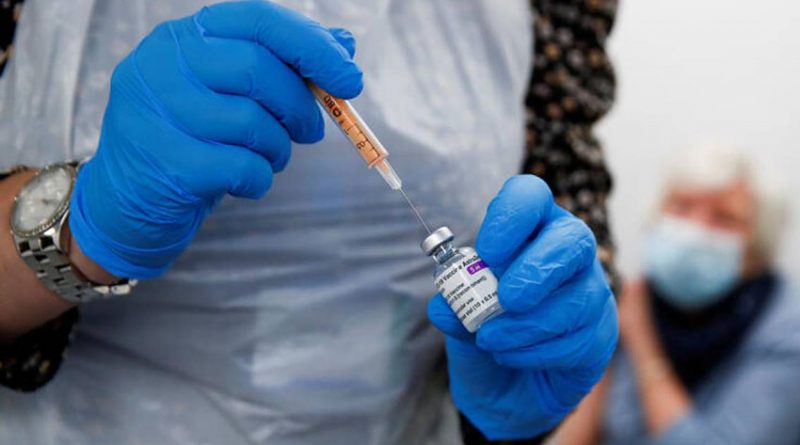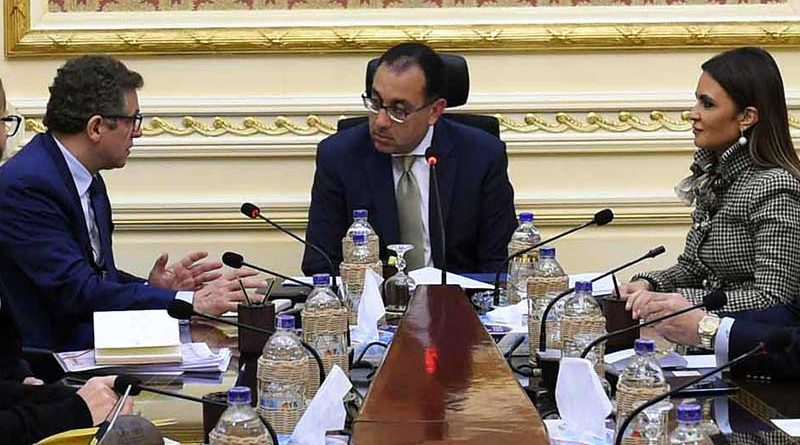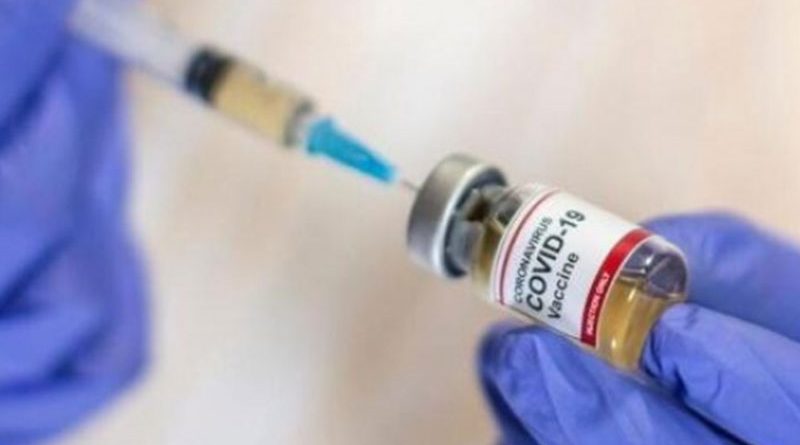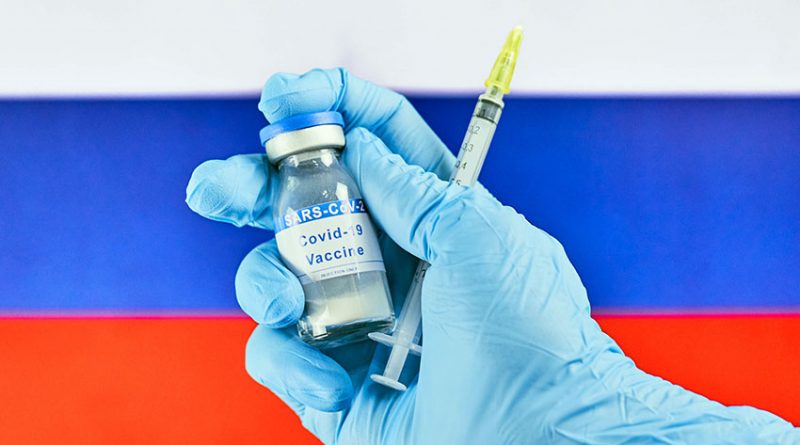THE benefit-risk balance of the COVID-19 vaccines remains favorable after reviewing reports of influenza-like illness in healthcare workers who got vaccinated, a World Health Organisation has concluded.
The Global Advisory Committee on Vaccine Safety concluded that the symptoms of an influenza-like illness may be expected as immune responses following vaccinations in general and the reports of COVID-19 vaccines are consistent with the expected side-effects of vaccines, the WHO said.
EGYPT yesterday expanded its coronavirus vaccination rollout to include the elderly and people with chronic diseases after several weeks of vaccinating medical staff, the cabinet said.
Nearly 153,000 people have applied for vaccinations since Sunday when the North African country opened online registration, the cabinet said in a statement.
Egypt, the Arab world’s most populous country with more than 100 million, has prepared 40 vaccination centres and plans to increase that number after the arrival of more vaccine batches, Prime Minister Mostafa Madbouly said.
Egypt received 350,000 doses of a coronavirus vaccine developed by China National Pharmaceutical Group (Sinopharm) in two batches since December, in addition to 50,000 doses of a vaccine developed by AstraZeneca in February.
It is hoping to receive vaccines through the COVAX facility, a global initiative aimed at providing equitable distribution of vaccines, in the coming weeks.
On Feb. 24, the Egyptian Drug Authority approved Russia’s Sputnik V vaccine for emergency use. Egypt’s Prime Speed Medical Services said it had obtained the right to provide Sputnik V in Egypt in a statement to the stock exchange, without giving details.
Egypt began vaccinating frontline medical staff against COVID-19 on Jan. 24 using the Chinese vaccine.
Those getting the Sinopharm jab have a second dose after 21 days while those who receive the AstraZeneca vaccine wait 12 weeks for the second dose, said Health Minister Hala Zayed.
As of Wednesday, Egypt had confirmed 184,168 coronavirus cases, including 10,822 deaths, since the start of the pandemic.
However, health officials say the real number is likely far higher due to a relatively low rate of coronavirus testing and the exclusion of private test results.
KENYA received over a million doses of the AstraZeneca COVID-19 vaccine on Wednesday, while Rwanda said it was the first in Africa to secure shots from Pfizer, as efforts to inoculate the world’s poorest nations accelerated.
With fewer resources and tougher logistics than other regions, African nations are racing to secure the doses needed to protect their roughly 1.3 billion people and allow the safe reopening of economies.
Africa has been relatively lightly hit by the coronavirus relative to other regions, recording 104,000 deaths, according to a Reuters tally, That is lower than national tallies in the United States, India, Brazil, Russia and Britain.
Kenya’s batch, which arrived on a Qatar Airways passenger flight, is the first of an initial allocation of 3.56 million doses by the global COVAX facility.
“We have received … machine guns, bazookas, and tanks to fight this war against COVID-19,” Health Minister Mutahi Kagwe exulted as the doses arrived at Nairobi’s main airport.
COVAX, which is led by the GAVI vaccines alliance along with the World Health Organization (WHO) and other partners, aims to deliver over 1.3 billion doses to 92 lower- and middle-income countries, covering up to 20% of their populations.
Backers of the initiative hope to level a playing field that has seen wealthier nations quickly vaccinate millions, ahead of poorer regions. Only a few African nations have started inoculating citizens with vaccines acquired outside of COVAX.
First shots under COVAX are arriving at several African nations this week, including Nigeria, Senegal and Uganda.
COLD STORAGE
In Kigali, officials said Rwanda will get the first doses of the Pfizer COVID-19 shots to be dispatched to Africa under the vaccine-sharing scheme. The Pfizer vaccine presents an extra logistical challenge because it requires ultra-cold storage.
The batch of 102,960 doses were due in Kigali on Wednesday, hours after a flight landed carrying 240,000 AstraZeneca doses from the Serum Institute of India, the health ministry said. The government has installed special infrastructure to keep the vaccine at -70 degrees.
“Rwanda is one of the first countries among the low income countries to have ultra-cold chain,” said Fode Ndiaye, the United Nations’ resident coordinator.
Rwanda plans to start its vaccination drive on Friday, prioritising frontline health workers and others at high risk. It hopes to vaccinate 30% of its roughly 12 million people before the end of this year.
Africa has reported relatively few COVID-19 deaths compared with other continents, but economies across the continent are also reeling from lockdown measures.
Kenya, which has so far recorded 106,470 infections and 1,863 deaths from the virus, has taken a major economic hit from the virus, which cut the flow of tourists, a crucial source of foreign exchange and jobs.
Nairobi plans to prioritise 400,000 health workers nationwide in a vaccination campaign starting on Friday, the health ministry said.
It will join Ivory Coast, Ghana and South Africa among the nations in sub-Saharan Africa to start vaccination drives.
Source – Thomson Reuters Foundation
ANGOLA, Congo Republic and Djibouti have approved Russia’s Sputnik V vaccine against the new coronavirus for emergency use, according to Russia’s RDIF sovereign wealth fund.
The Russian vaccine has now been approved for use by a total of 42 countries, including Russia, RDIF said.




